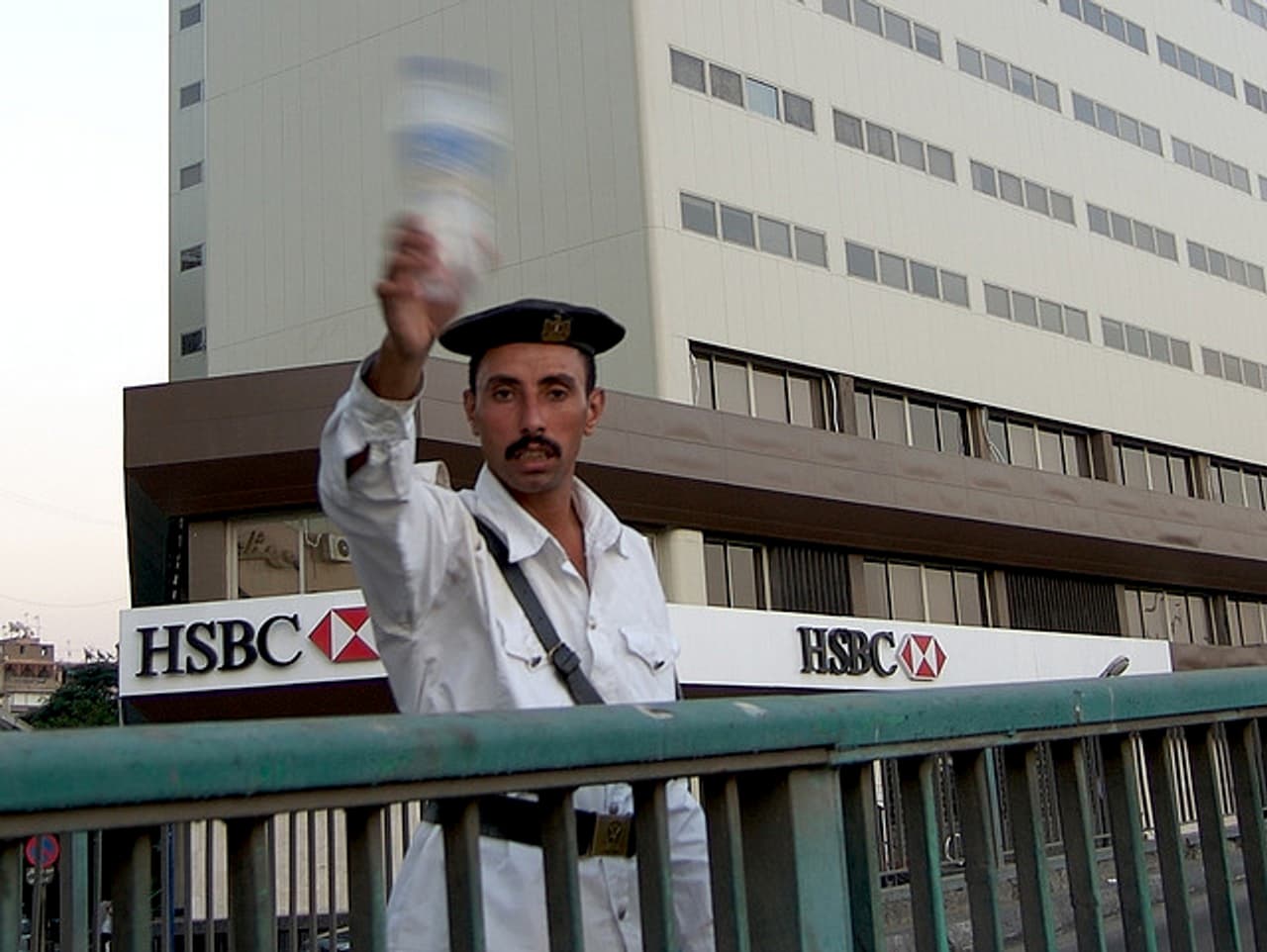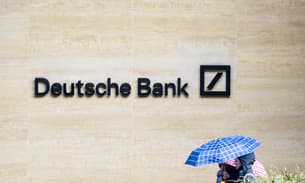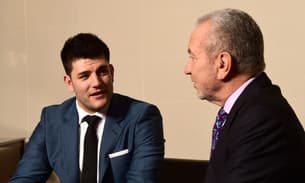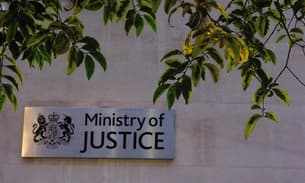
HSBC under fire over its role in controversial Egyptian land deals
HSBC faces accusations that it helped to enrich senior Egyptian political and business figures now at the centre of corruption investigations.
More than a dozen former associates of ousted president Hosni Mubarak are facing trial, as Egyptian investigators focus on allegations that land and state-owned industrial assets were sold at knockdown prices in a process the Organisation for Economic Co-operation and Develpment (OECD) says was secretive.
Research by the Bureau, and published in the Observer newspaper, has concluded that HSBC:
■ raised more than £450m for two of Egypt’s biggest and most controversial property developers now embroiled in corruption court cases (shares in those companies have subsequently dived);
■ was the most active European investment bank in Egypt;
■ had on its Egyptian board two directors who in 2004 went on to become ministers of state overseeing land sales and privatisations under Mubarak.
The bank’s involvement with controversial Egyptian tycoons has raised questions about the role played by its former chairman, Lord Green, who in January was appointed by David Cameron as government trade and investment minister.
Green party MP Caroline Lucas described the business links as “shocking” and said they cast doubt on Lord Green’s judgment. “In light of this investigation, David Cameron would do well to reconsider his suitability as a representative of this government,” she said.
HSBC’s role in securing hundreds of millions of dollars for companies controlled by senior Egyptian politicians included being joint underwriter for one of Egypt’s most controversial companies, Palm Hills Developments. The share offering raised 700m Egyptian pounds (£77m) in March 2010.
Former Egyptian housing minister Ahmed el-Maghrabi and his cousin, former transport minister Mohamed Mansour, are shareholders in the parent company of Palm Hills, which is Egypt’s second-biggest listed developer. Mansour’s brother is Palm Hills’ chairman.
Last week, an Egyptian court ruled that a state land deal that formed part of a luxury 960,000 sq m residential development north-east of Cairo was illegal. Palm Hills is appealing.
The land for this development was sold in 2006 when Maghrabi – now in custody awaiting trial – was a minister. He is accused of improperly transferring land to Palm Hills via a foreign company that undervalued it. In October 2009, Palm Hills’ value was put at £4.1bn.
HSBC also advised Talaat Moustafa Group, run by a former member of the Egyptian parliament’s upper house, who was jailed in 2009 for murder.
TMG, which owns the Four Seasons luxury hotel at Sharm el-Sheikh, is Egypt’s biggest property developer. It also owns a 33.6 million sq m development now at the centre of corruption allegations. In 2007, HSBC was joint global co-ordinator and joint underwriter for TMG’s share offering and helped it raise about £400m. In the same year, HSBC acted as joint lead financial adviser and arranger of a finance deal raising £52m for Egyptian Arab Land Bank.
In a statement, HSBC said: “Each of these transactions … was subject to thorough due diligence to meet international standards of regulation. This is standard HSBC policy in every capital market transaction in which we participate.
“None of the companies or their principals was under Egyptian, UnitedNations, United States or European Union sanctions of any kind at the time of these transactions. The Arab Republic of Egypt was not under any sanction at the time of these transactions.”
Engi M El Haddad, director of the respected Egyptian anti-corruptiongroup Afro-Egyptian Human Rights Organisation, said: “As HSBC are bankers of record for many of the Egyptian figures who were politically exposed and many of the dealings were extremely suspicious, this is definitely a concern.”
While chairman of HSBC, Lord Green, a Church of England lay preacher, pursued business links with senior figures in the Egyptian regime. In 1998, he co-chaired the Egyptian British Business Council, a high-level group that reported to then British and Egyptian prime ministers Tony Blair and Kamal Ganzouri .
Egypt’s former investment minister, Mahmoud Mohieldin, responsible for privatisations for six years until 2010, was a director at HSBC Egypt before joining the government, as was Rachid Mohamed Rachid, a trade minister.

Anthea Lawson, head of Global Witness’s Kleptocracy Campaign, said: “This case raises huge questions about HSBC’s approach to corruption. What due diligence has HSBC done to reassure itself that it’s OK to run the share issue for a developer that has allegedly bought up state land at a pittance and sold it on at vast profit while two cabinet members are shareholders? Who in the bank was responsible for making the decision to go ahead with these deals, and what does this say about the tick-box approach that banks are getting away with when it comes to corruption and senior political figures?”
HSBC states it has stringent corruption protocols which come into play when dealing with overseas governments. These include so-called Know Your Customer checks, anti-money laundering checks and extra scrutiny for Politically Exposed Persons (PEPs).




